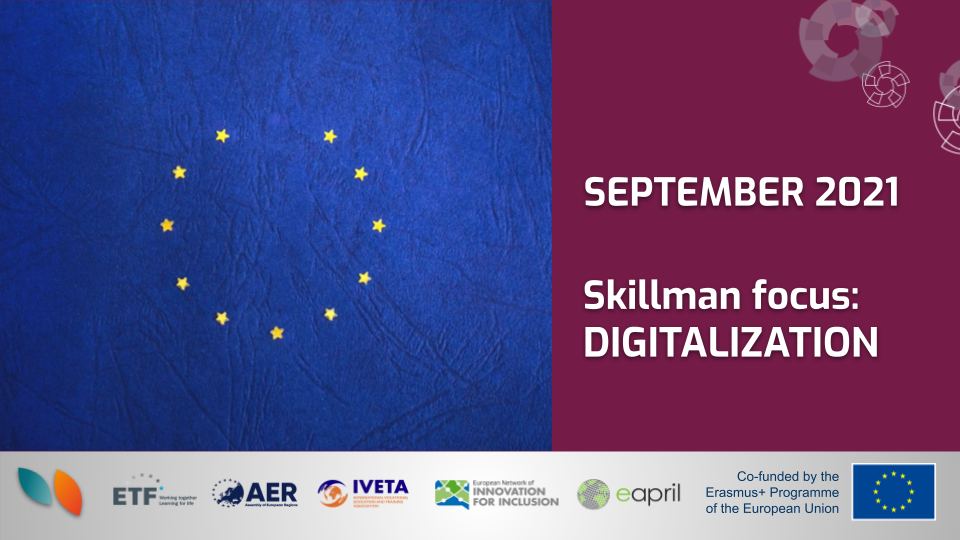
On 9 March 2021, the Commission presented a vision and outlook for Europe’s digital transformation by 2030. This vision for the EU’s digital decade is built around four cardinal points: Skills, Infrastructure, Business, and Government. The objectives specifically for these four cardinal points can be summarised as follows:
Skills
ICT practitioners: 20 million + gender convergence
Basic digital skills: min. 80% of the population
Digital transformation of enterprises
Technology deployment: 75% of EU enterprises using cloud/IA/Big Data
Innovators: increase scale-up and funding to double EU unicorns
Late innovators: more than 90% of SMEs reach at least a basic level of digital intensity
Secure and sustainable digital infrastructures
Connectivity: gigabit for all, 5G everywhere
Cutting-edge semiconductors: doubling the EU’s share of global production
Data – Edge, and Cloud: 10 000 highly secure edge nodes with zero climate impact
Computing: first quantum-accelerated computer
Digitizing public services
Key public services: 100% online
Health online: 100% medical records available
Digital identity: 80% of citizens using digital IDs
These four areas are part of Europe’s digital compass, which will translate the EU’s digital ambitions for 2030 into concrete terms through:
- targets and milestones
- A strong joint governance structure including a traffic light monitoring system to identify successes and gaps.
- Multi-country projects combining EU, Member State, and private sector investment.
A framework of digital principles will help to promote and support EU values in the digital space. Such a framework will be identified through a broad societal debate and could include, for example:
Digital rights
- Freedom of expression, including access to diverse, reliable, and transparent information
- Freedom to start and run an online business
- Protection of personal data and privacy
- Protection of the intellectual creation of individuals in the online space
Digital principles
- A safe and reliable online environment
- Universal education and digital skills
- Access to environmentally friendly digital systems and devices
- Accessible and person-centered public services and digital administration
- Ethical principles for person-centered algorithms
- Protecting and empowering children in the online space
- Access to digital health services
The Commission will propose to include this set of digital principles and rights in an inter-institutional solemn declaration setting a common European benchmark for fundamental rights and values in the digital space, ensuring that all citizens benefit from digitization, guiding the EU and the Member States in the development and implementation of coordinated policies, and helping to monitor European citizens’ perception of the benefits of digitization through an annual Eurobarometer survey.